wood bamboo cutting board
The wood bamboo cutting board represents a perfect fusion of natural materials and practical design, offering an essential kitchen tool that combines functionality with sustainability. This versatile cutting surface features a robust construction made from carefully selected bamboo material, known for its natural antibacterial properties and remarkable durability. The board's surface provides an ideal balance of hardness and flexibility, protecting knife edges while ensuring clean cuts across various food items. Measuring typically between 12-18 inches in length and 8-12 inches in width, these cutting boards offer ample workspace for both professional chefs and home cooks. The bamboo's natural moisture-resistant properties help prevent warping and cracking, while its dense grain structure minimizes scarring and bacteria absorption. Each board undergoes a meticulous manufacturing process, including high-temperature treatment and natural oil finishing, ensuring food safety and longevity. The incorporation of juice grooves around the perimeter helps contain liquids during food preparation, maintaining cleanliness and preventing counter mess. Furthermore, the lightweight yet sturdy nature of bamboo makes these boards easy to handle and store, while their aesthetic appeal adds a touch of natural elegance to any kitchen setting.
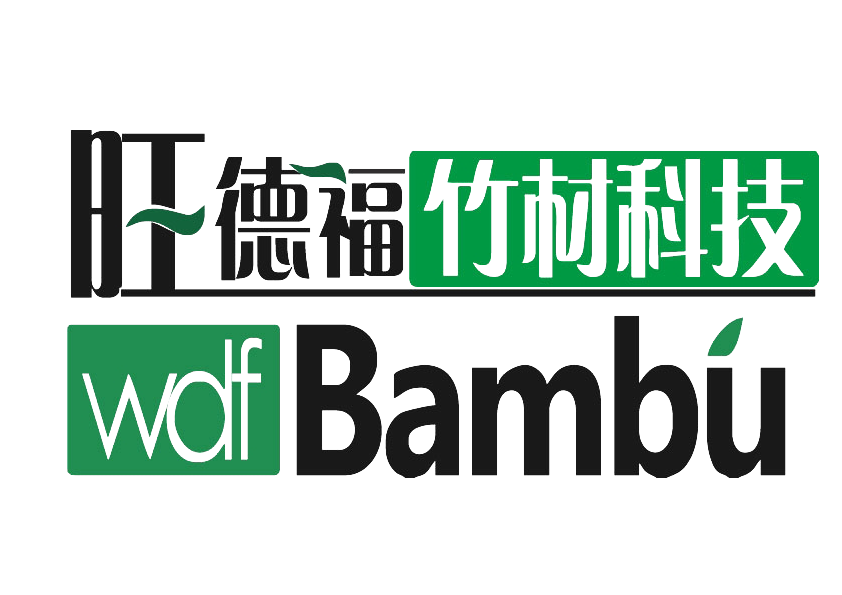
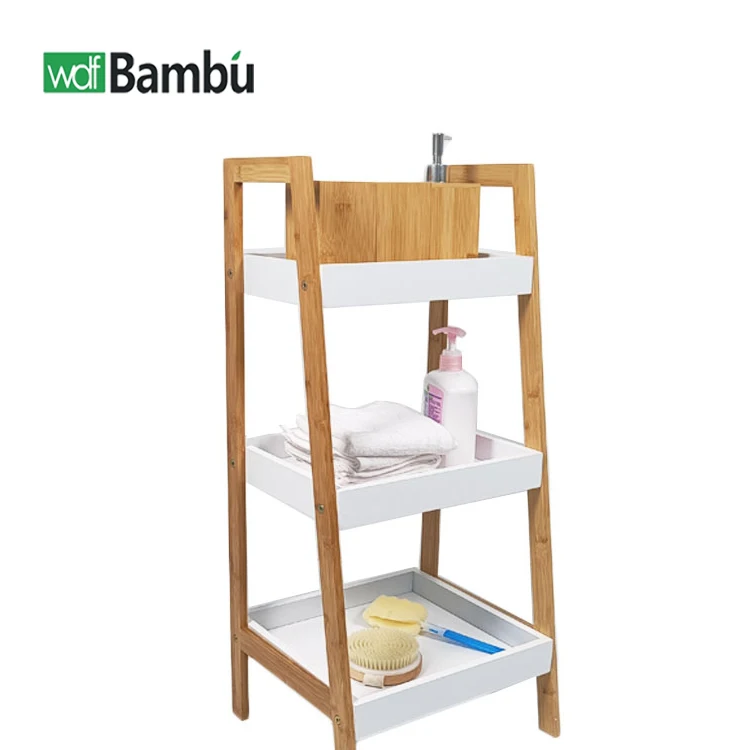
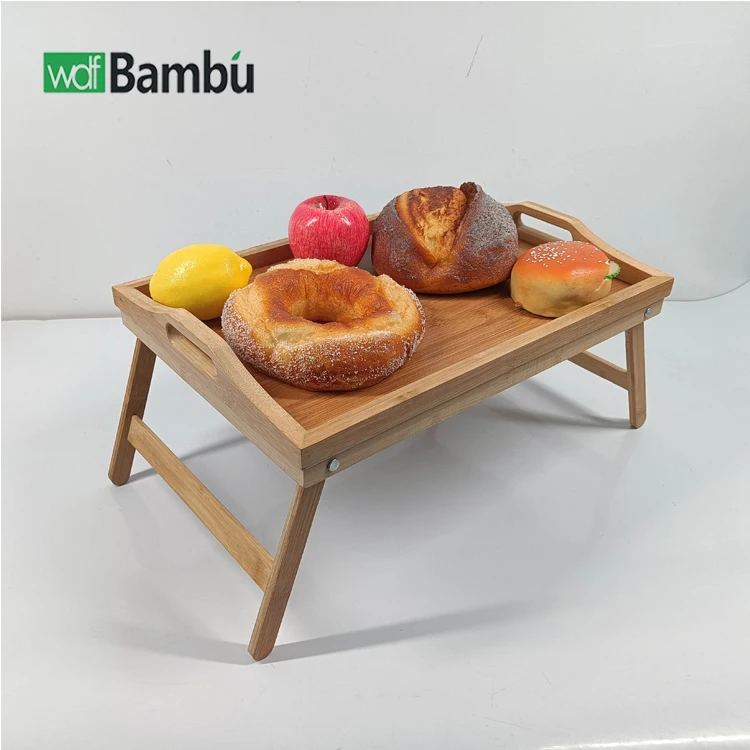
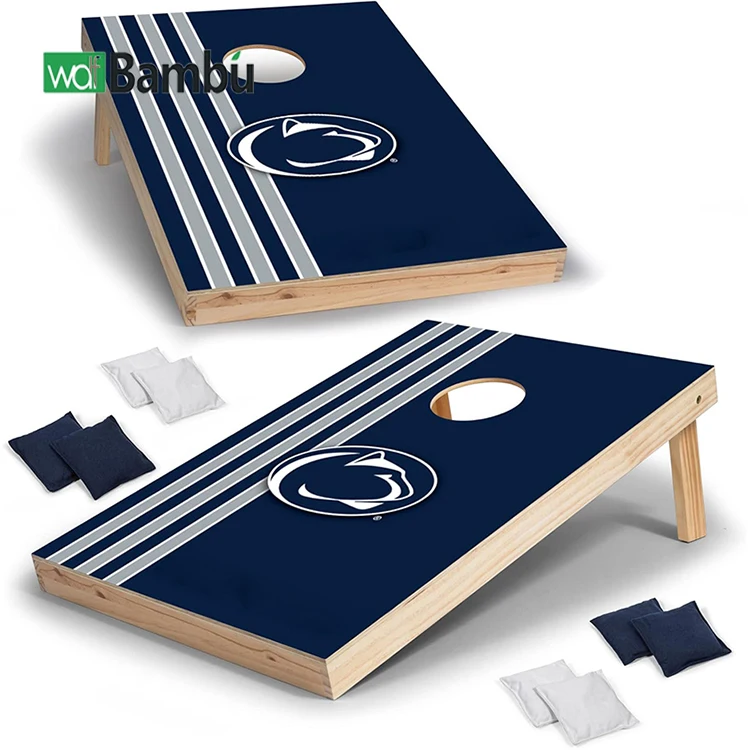
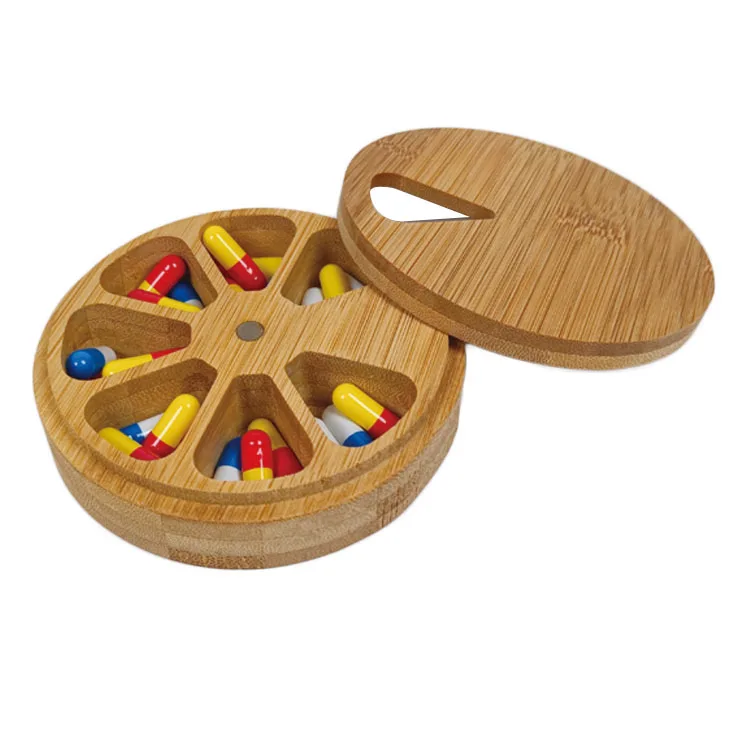


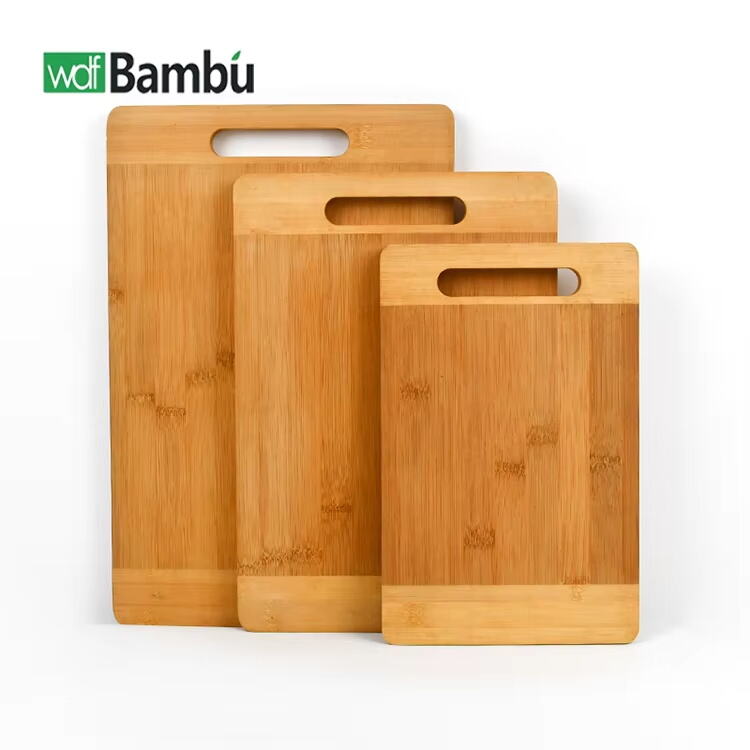
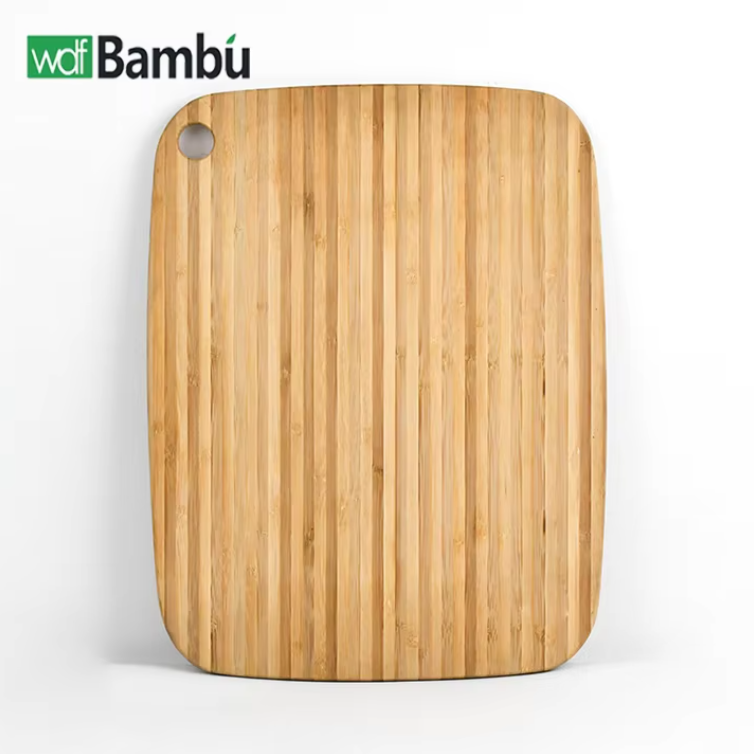



 FSC-certified Bamboo
FSC-certified Bamboo
 Custom Packaging
Custom Packaging
 Bulk Discounts
Bulk Discounts
 Meet Our Artisans
Meet Our Artisans
 Modernized for Your Home
Modernized for Your Home
 Our Story Begins in
Our Story Begins in

 Home
Home